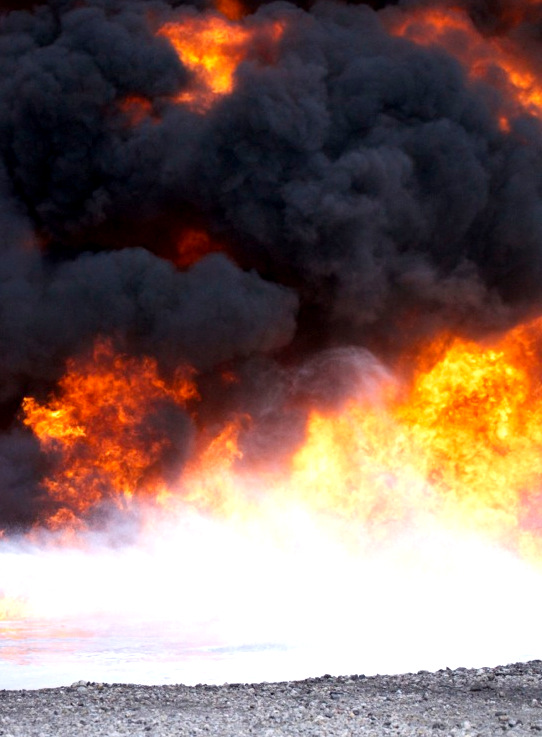PFAS calls accepted

The move follows an independent review into contamination around RAAF Base Williamtown in New South Wales, the Army Aviation Centre Oakey in Queensland, and RAAF Base Tindal in the Northern Territory.
The government has accepted 18 of the review’s 19 recommendations, committing to better coordination, clearer communication, and targeted local initiatives to address contamination concerns.
At the heart of the plan is a new National Coordinating Body, bringing federal and state ministers together to oversee PFAS management.
This body will focus on streamlining efforts across all levels of government and tailoring responses to local needs.
For the Williamtown area, a dedicated working group will drive pilot projects, including tackling contamination in the drainage network.
To better support property owners in heavily impacted areas like Williamtown, the government will engage an independent assessor to evaluate PFAS exposure risks and develop additional support options.
This assessment will guide meaningful interventions, which could include rezoning or voluntary property acquisition if exposure risks cannot be reduced.
Addressing another key issue raised in the review, the government’s national PFAS website will be used to centralise the latest research, guidance, and practical advice for residents, including tailored resources for First Nations communities.
“For too long, the calls from PFAS-impacted communities have fallen on deaf ears. The Albanese Government has heard these calls and taken action to deliver meaningful solutions,” Minister for Veterans’ Affairs and Defence Personnel Matt Keogh said this week.
PFAS, used for decades in firefighting foams and other products, continues to pose challenges despite its phase-out in 2004.
While complete remediation is not possible, the government has stressed the importance of reducing exposure risks and managing long-term contamination.
These reforms include developing clearer guidelines for land use, particularly in areas where contamination affects food production, and offering culturally appropriate information for Indigenous land users.
The government has also committed to ongoing updates as scientific and technological advancements emerge, ensuring policies stay current.








 Print
Print